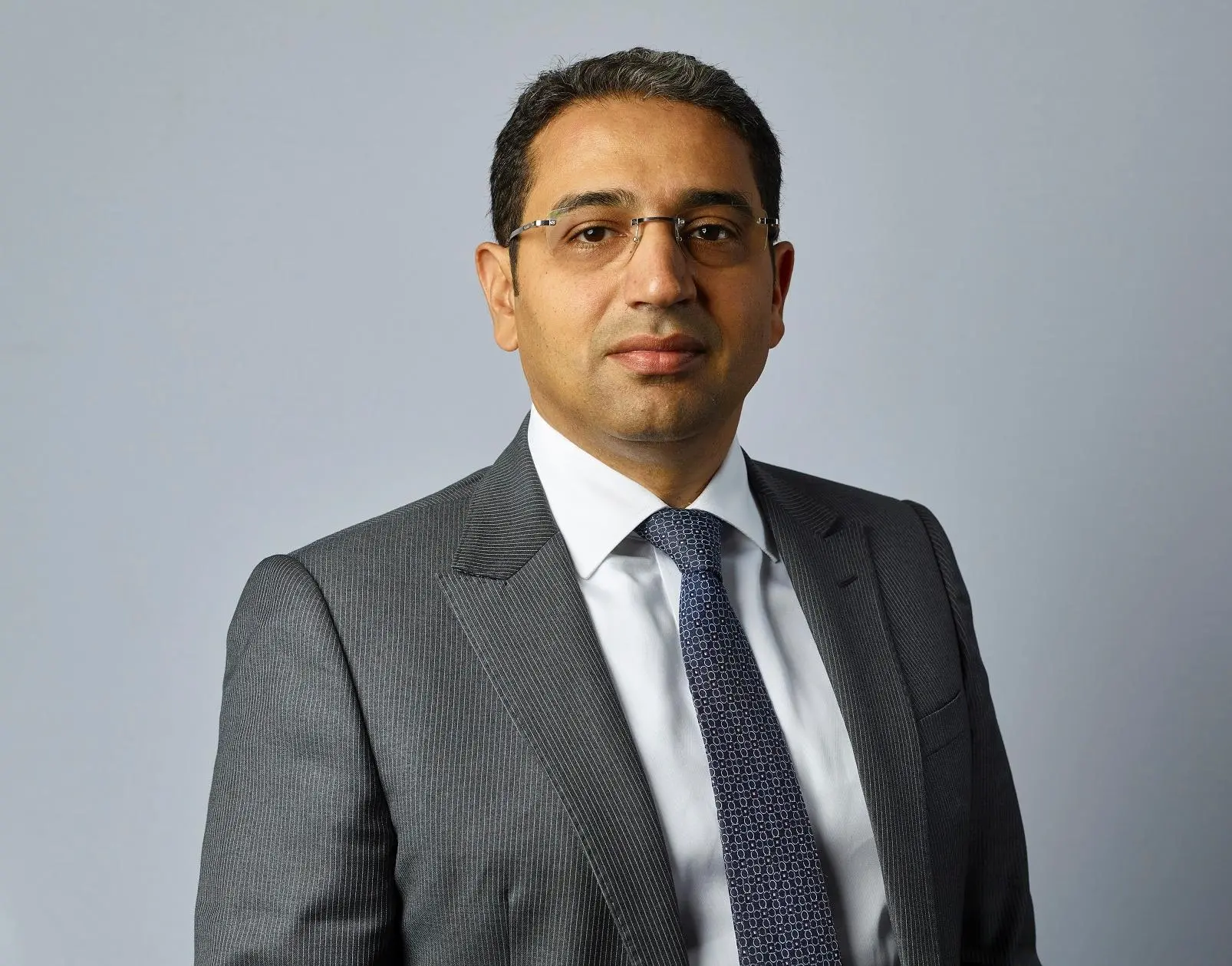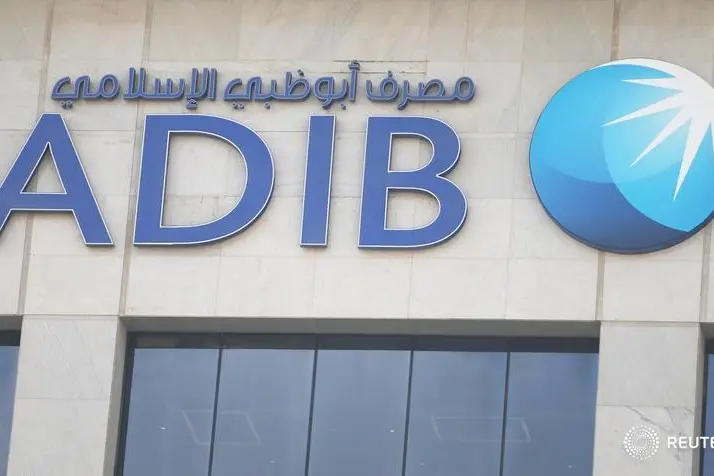PHOTO
UAE lender Abu Dhabi Islamic Bank (ADIB) is renewing its focus on providing shariah-compliant trade financing in the region, driving in more transactions via digital platforms in the wake of COVID-19.
The bank saw a strong start to the year by introducing products that are essential for clients to manage their finances but have hitherto been overlooked in Islamic banking and trade financing (in such areas as export financing and trade receivables financing). However, with COVID-19 taking a toll on all sectors of trade and economy, the bank is not wasting any time to ramp up reliance on technology.
Haytham El Maayergi, Global Head of Transaction Banking at ADIB, told Zawya: "We are now executing more Islamic trade finance transactions through our digital platform, ADIB Direct, which allows for secure, seamless, highly efficient trade finance transactions without the need for a physical exchange of documents.
While Islamic Trade Finance had grown considerably over the years, it remained laden with challenges as a result of an over-reliance on paper. This included inefficiencies, high costs and risks associated to manual processes.
ADIB has seen a growing demand for trusted Islamic trade finance solutions from organisations of all sizes. "We have invested heavily in our Sharia’a-compliant trade management platforms, becoming the first Islamic bank in the world to provide end-to-end online trade finance solutions to clients. Through ADIB Direct, we enable businesses of all sizes to efficiently manage their cash, liquidity, trade finance, supply chain and foreign exchange needs,” Maayergi explained.


Haytham El Maayergi, Global Head of Transaction Banking at Abu Dhabi Islamic Bank (ADIB)
COVID-19 Impact
Given its strategic geographic position as the gateway to international trade, banks in the Middle East are competing to gain a larger portion of the global transaction banking market, which was set to be worth more than $500 billion by 2025. But as a result of the COVID-19, this demand has dropped off considerably and the impact is being felt globally.
According to ADIB, the central bank support schemes have played a crucial role in averting a crisis in the UAE. In the beginning of April, the Central Bank doubled the size of its stimulus package to 256 billion dirhams in order to increase liquidity, support the banking sector and economy as a whole.
"The initiatives put in place by the UAE leadership, particularly the UAE Central Bank’s 256 billion dirhams Targeted Economic Support Scheme (TESS) to serve individuals, SMEs and other private businesses affected by the pandemic, has averted a potential crisis," Maayergi said.
However, despite the uncertain and unprecedented circumstances, the financial institution thinks the outlook for Islamic trade finance is promising in 2020. "We are seeing more and more clients, not only local companies, but a number of multinationals, looking to use Islamic trade finance. We are working hard to educate our client base on both the benefits of Islamic trade finance and the large product suite available at ADIB so that we can emerge from this period in a position of strength," he said.
Fostering local businesses
ADIB continues to play its role in supporting local trade, especially when commerce across the country has been battered due to the pandemic, which shut ports globally as well as reduced the frequency of cargo flights.
Maayergi confirms that the financial institution continues to follow up with its customers to provide solutions to allow them to realise their receivables sooner or to extend their payment terms, a move which he said has protected local companies’ cash flows despite close to a month of challenging circumstances.
Maayergi said that last year ADIB has been investing in revamping its trade and cash management solutions by upgrading platforms and increasing product offering to provide greater value proposition for clients.
"In terms of trade finance, we now have a product suite that matches any conventional bank and we able to finance invoices, finance receivables, carry out supply chain financing, issue and finance UPAS LCs and finance export LCs," he said.
ADIB highlighted it focus on the food and manufacturing sector. The bank claimed it continues to support a number of local providers to maintain their supply chain from farm to shop. This represents key a part of the national infrastructure to ensure there is no shortfall in the supply of food during these tough times, and particularly during Ramadan.
"On the manufacturing side, we are working with a number of copper, steel and aluminum producers to safeguard the local supply chain. We provide both direct and indirect financing to these clients, and we remain committed to doing whatever is necessary to support the local business community," Maayergi said.
Standardisation challenges
One of the biggest challenges in Islamic trade is the standardization issue.
ADIB works with the UAE Central Bank and other Islamic Institutions to lead the drive for the implementation of global standards for Islamic Banks.
According to Maayergi, the bank works closely with International Islamic Financial Market (IIFM) and Accounting and Auditing Organization for Islamic Financial Institutions (AAOIFI), to bring in a unified set of standards which Islamic Banks could follow.
"We worked with IIFM on their work with the Bankers Association for Finance and Trade (BAFT) in issuing a Sharia’a-compliant master participation agreement. While there is a lot being done, we are still some distance from having a unified set of standards globally," he said.
IIFM plays a crucial role in driving progress and growing the size of the Islamic Finance industry while also standardizing the approach between banks.
The Bahrain-based standard setting bodies, AAOIFI and IIFM, have signed a MoU to collaborate on areas of common interests for the development of the Islamic Financial Services Industry (IFSI).
While AAOIFI sets Shariah, accounting, auditing, governance and ethics standards for the Islamic finance industry, the IIFM issues standardized Shariah-compliant financial contracts and product templates.
According to Maayergi, the Islamic BAFT master participation agreement released by IIFM is expected to enable Islamic banks to sign standard agreements with conventional banks, providing Islamic banks with a greater level of access to assets and trade flows in future.
(Reporting by Seban Scaria, editing by Daniel Luiz)
#ADIB #UAE #DIGITAL #ISLAMICFINANCE #FINANCIALSERVICES
Disclaimer: This article is provided for informational purposes only. The content does not provide tax, legal or investment advice or opinion regarding the suitability, value or profitability of any particular security, portfolio or investment strategy. Read our full disclaimer policy here.
© ZAWYA 2020





















